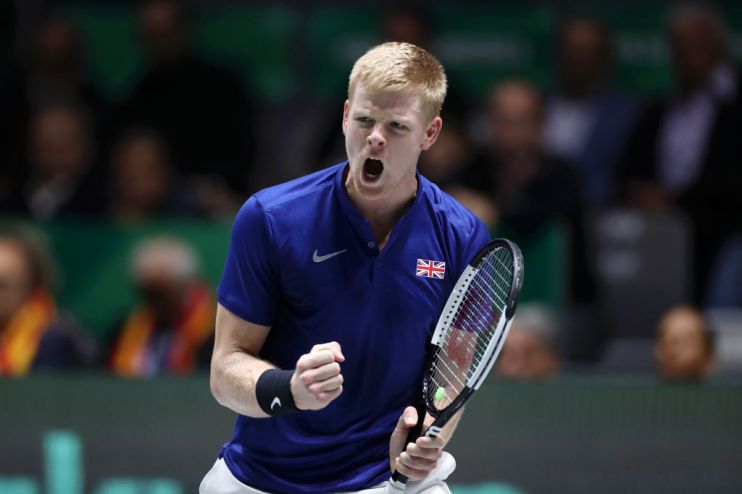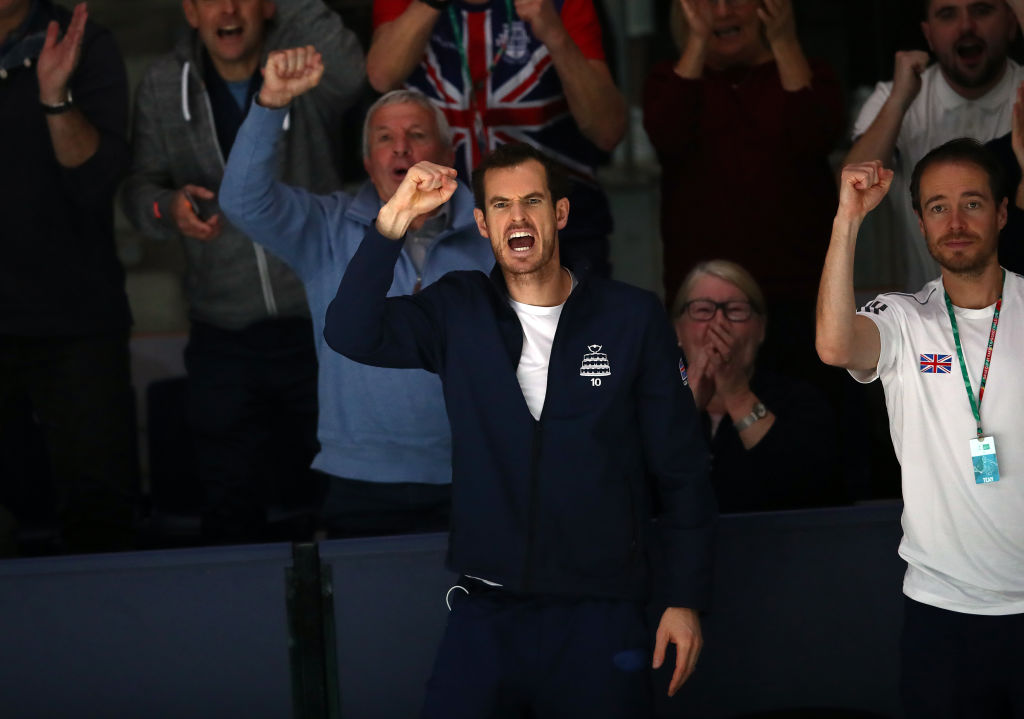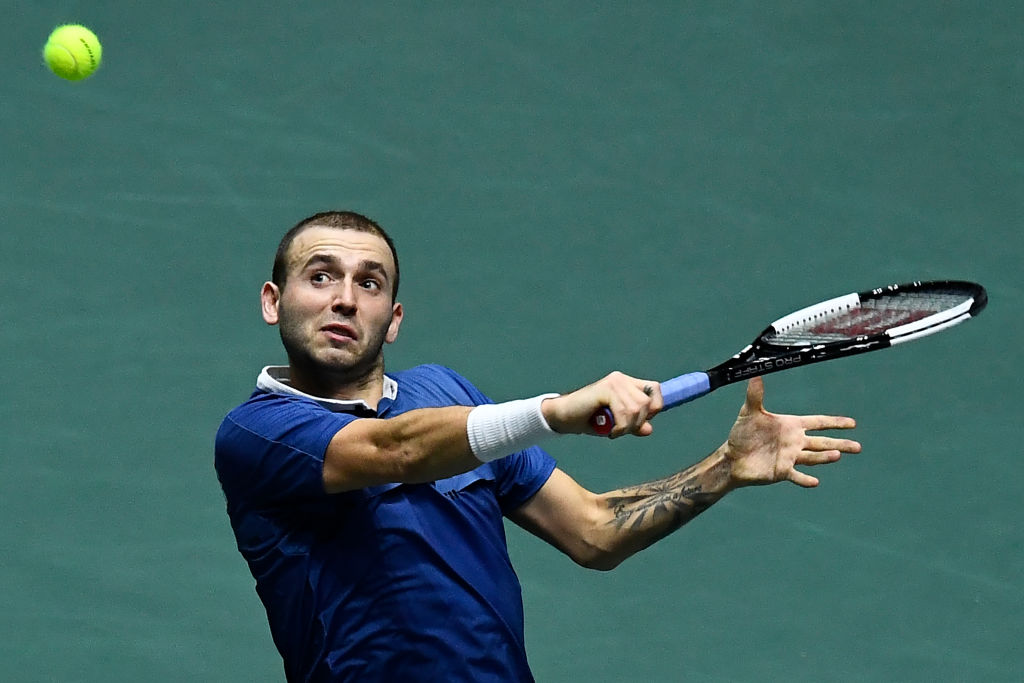Who needs Andy Murray? Davis Cup run offers Great Britain cause for optimism

If there was trepidation or at least uncertainty in the Great Britain camp on the eve of the Davis Cup last week then it would have been no surprise, given recent developments.
A drastic overhaul of the 119-year-old tournament had prompted concerns for the future of the event, while results this season offered little hope of the Brits troubling the latter stages of the week-long finals in Madrid.
The jury remains out on the new Davis Cup format, but for Andy Murray and compatriots it has been a resoundingly morale-boosting, restorative experience that offers fresh hope for the coming months.
Read more: All you need to know about the revamped Davis Cup
In actual fact, that is not entirely true. For Murray’s compatriots it exceeded expectations; for the Scot himself, however, it was tainted by frustration.
The man who almost single-handedly led the country to the title four years ago was restricted to a watching brief – even for Saturday’s semi-final against hosts Spain – after looking short of fitness in Wednesday’s opening tie with Holland.
Happily for captain Leon Smith, Kyle Edmund, Dan Evans and the doubles pairing of Jamie Murray and Neal Skupski rose to the challenge and raised their games in the absence of their talisman.
Edmund’s trajectory was the most encouraging. The 24-year-old has endured a dispiriting year in which he has plummeted from 14th to 69th in the rankings, split from his coach and lost eight matches in a row between August and October.

So bad was his form that Smith hesitated to name Edmund in his team at all, leaving one space open while he waited to see whether his form would improve.
Two long-awaited wins at the Paris Masters last month were enough to be selected and he repaid his captain’s faith in spades.
A man transformed
Chosen ahead of Murray to face Mikhail Kukushkin in the second group match against Kazakhstan on Thursday, he won in straight sets.
Edmund repeated the trick against Philipp Kohlschreiber in Friday’s quarter-final and, by the time he silenced the home crowd by doing the same again to Feliciano Lopez on Saturday, he looked a man transformed.
Evans, too, had his moment of redemption. The 29-year-old from Birmingham got off to a rocky start, losing his singles matches against both Holland and Kazakhstan.
But the man who has taken on the mantle of British No1 following Murray’s career-threatening hip problems delivered against Germany, beating Jay-Lennard Struff in three sets to clinch the tie.

Jamie Murray and Skupski, meanwhile, proved a solid doubles pairing, winning their matches against Holland and Kazakhstan when it was needed.
Although they came unstuck against Spain, they were facing the tournament favourites and a duo of world No1 Rafael Nadal and the seasoned Feliciano Lopez. Anything more than gallant defeat would have been extraordinary.
“Everyone’s got their different journey but I think we should be excited by what we have in British tennis,” said Smith.
“We’ve got so many different things going. Hopefully everyone can just keep on that path and we come back here next year with an even stronger team than we have already got.”
Murray and Skupski did pass up set points against Nadal and Lopez, but that would have been fairytale stuff. As it was, even reaching the semi-finals was a superb showing by Great Britain.
It is worth remembering that the team was in danger of relegation to the lowest tier at the start of this decade and, until 2015, had not won the Davis Cup for 79 years.
Andy Murray’s heroics have warped expectations since, but the last few days have offered cause for optimism if – when – he is not playing.
